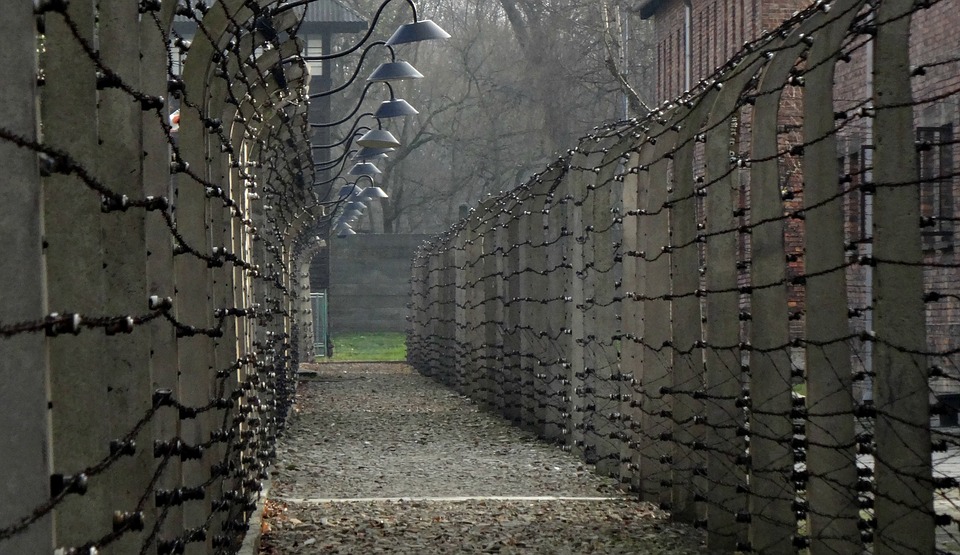Why Did So Many Concentration Camp Prisoners in WW2 Die Immediately After Being Liberated?
Concentration camps were a prevalent feature of the Nazi regime in the 1930s. Prisoners in these camps were detained under punitive conditions, such as forced labor, slavery, and most significantly, inadequate nutrition and starvation. According to Eitinger, mortality rate rose continuously inside the camps until the remaining prisoners were finally liberated at the end of this regime (128). However, many of them immediately died upon being freed. This essay will look into the cause of death of these prisoners.
Upon liberation, the concentration camp prisoners were severely and chronically malnourished, and many of them immediately died. This shocking phenomenon was considered to be due to what is known as refeeding syndrome. Our body naturally uses carbohydrates as the initial source of energy. In early starvation, upon depletion of carbohydrates, our body’s energy source then shifts to using fats and protein stores. Additionally, our basic metabolic rate decreases by as much as 25%. If fasting persists, the body undergoes hormonal and metabolic changes to prevent protein depletion, as this aids in maintaining the integrity of the muscles. The muscles then reduce their use of ketone bodies, and rely on fatty acids as the body’s main source of energy. Reduction in the use of ketone bodies result to increased ketone levels in the blood, and higher levels of ketone in the blood then leads to the use of ketone bodies for energy. This signals the brain to reduce production of glucose in the liver to preserve proteins in the muscle. Intracellular minerals, such as phosphorus, potassium, and magnesium also become severely depleted (Mehanna et al. 1495-1498).
When a chronically starved person begins eating, his electrolytes shift almost immediately. The sudden intake of glucose from carbohydrates leads to increased insulin production and reduced glucagon secretion. Insulin synthesizes glycogen, fats, and protein, which requires phosphate and magnesium. It also aids in potassium and glucose absorption into the cells. Magnesium is also absorbed by the cells, and water also follows via osmosis. This results to reduced serum levels of the said electrolytes, which are already depleted as the result of starvation. These processes happen quickly upon enteral or parenteral intake of food, and it results to rapid changes in the entire metabolic process of the body.
In prolonged starvation, complete phosphate depletion occurs. This condition, known as hypophosphatemia, lead to extensive cellular dysfunction that may affect almost all physiologic systems of the body. Respiratory and neurologic failure may occur, which can result to immediate death. Hypophosphatemia is the clinical hallmark of refeeding syndrome, although it may be coupled with depletion of other electrolytes and minerals, such as hypokalemia, and hypomagnesaemia. Profound hypophosphatemia can occur within four days after resuming enteral or parenteral nutrition (Hearing 908-909).
The concentration camp prisoners were held captive under appalling conditions, as they were starved and not given adequate nutrition for years. Suffering from prolonged fasting and chronic severe malnutrition resulted to depletion of the body’s essential electrolytes. As they were liberated from the camps, resumption of their food intake immediately lead to the shift of intracellular electrolytes which resulted to several systemic failure, and eventually lead to their demise.
Works Cited
Eitinger, Leo, ed. “The Concentration Camp and Its Late Sequelae.” Survivors, Victims, and Perpetrators. N.p.: Taylor & Francis, 1951. 128-129
Hearing, Stephen. “Refeeding Syndrome.” BMJ 2004;328:908-909. http://www.bmj.com/content/328/7445/908 Accessed April 12, 2017
Mehanna, Hisham. Moledina, Jamil. Travis, Jane. “Refeeding Syndrome: what it is, and how to prevent and treat it.” BMJ 2008;336:1495-1498, DOI:10.1136/bmj.a301
In case you still need help with your essay about concentration camps, take a look at other samples and articles with writing advice at our blog. We believe you will find all the necessary information to make working on your essay easy and productive. And our posts dedicated to the best topic for a certain type of essay will help you find the best idea for your writing. Academic papers can be difficult, but we know secret tricks to make them easy, and we are ready to share them with you!
